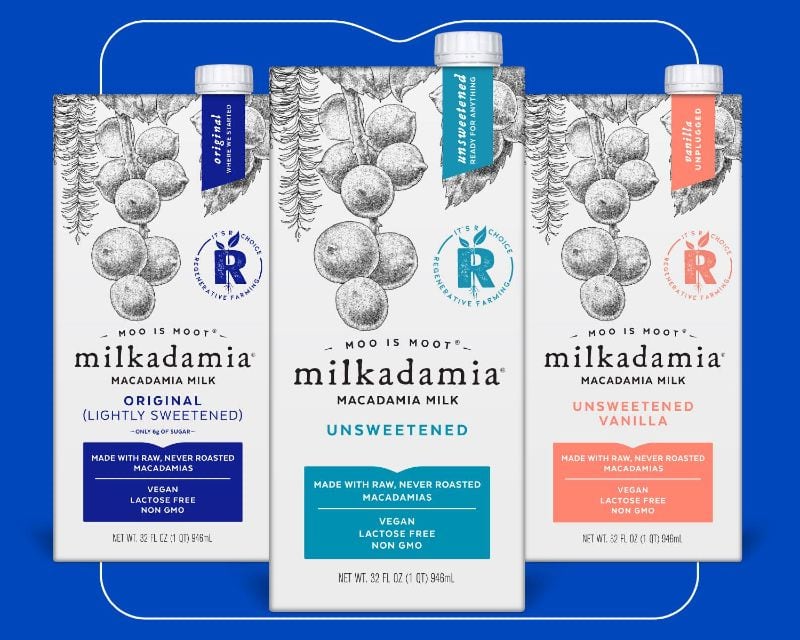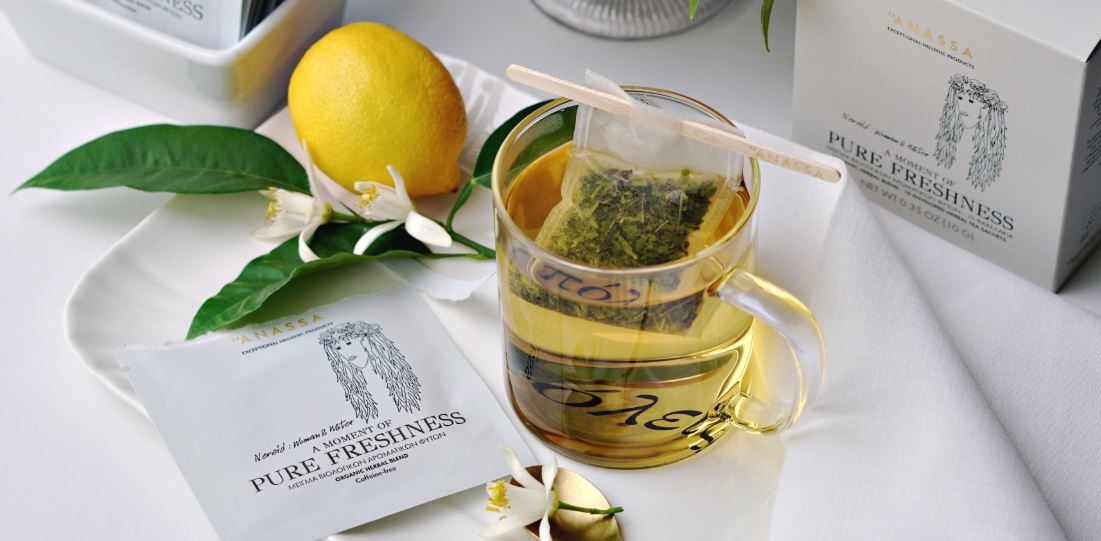Reformulation and fortification: Product taste paramount to consumer acceptance of revamped products – Expert Growth Asia Series panel
Food product reformulation and fortification efforts still need to maintain good taste in order to ensure consumer acceptance so that these efforts don’t go to waste - even with the health and wellness trend growing in APAC, according to a panel of industry experts.
The health and wellness trend has been booming in the Asia Pacific F&B industry for the past few years and even more so since COVID-19 hit the region, leading to a rapid increase in reformulation and fortification efforts by food and beverage manufacturers.
However, an expert panel which convened at the recent Reformulation and Fortification edition of our Growth Asia 2020 series agreed that the processes involved are much more complicated that just adding good ingredients or removing bad ingredients, as doing this would negatively impact product taste, which remains key to gaining consumer acceptance.
Mainstream hurdles: APAC plant-based firms highlight cost, labels and health concerns as the biggest challenges
The plant-based industry in APAC has highlighted product cost and pricing, labelling debates and health concerns over over-processing to be amongst the biggest hurdles to the sector becoming mainstream despite having seen explosive growth over the past few years.
The global plant-based market is expected to continue seeing rapid growth to hit US$8.1bn by 2026 with a CAGR of 7.8%, and within this market analysts have predicted that the APAC region will see the highest growth at 9.3% CAGR.
Although big things are expected for plant-based in Asia, especially based on such enormous growth projections, there are still multiple barriers that stand in the way of the sector becoming truly mainstream in this region, one of the most significant being cost and pricing concerns.
Opportunities aplenty: Covid-19 pushes e-commerce and food security for halal food industry
Nations need to better secure local and regional food production, especially in light of the Covid-19-related supply chain disruptions, if they are going to tap into the booming halal opportunities in the Middle East and Asia.
This is according to The State of the Global Islamic Economy 2020/21 report published by DinarStandard, in collaboration with Salaam Gateway. The report is published annually, covering the global halal industries in food, finance, fashion, pharmaceuticals, cosmetics and more.
It was reported that the halal food industry grew 3.1% from US$1.13 trillion in 2018 to US$1.17 trillion in 2019. Pre-Covid-19, the market is projected to grow at a CAGR of 6.3% from 2018 to 2024, however with the ongoing pandemic, the report forecast growth to drop to 3.5% to reach US$1.38 trillion by 2024.
Indonesia (US$144bn), Bangladesh (US$107bn), and Egypt (US$95bn) were ranked the top three spenders, retaining their position from last year.
‘Impressive growth’: Soaring US-ASEAN dairy trade set for further high-protein and e-commerce boost
Dairy trade between the United States and ASEAN has seen an impressive growth trajectory due to consumer demand for healthier products as well as the rapid rise of e-commerce in the region, but the United States Dairy Export Council (USDEC) believes a focus on high-protein products can propel it even further.
According to US export trade data, ASEAN has overtaken Mexico the become the largest US dairy export destination by volume as of August 2020 and is likely to retain this top position if current shipment trends continue.
“Skim milk powder exports have led this growth, climbing 76% year-to-date through August to 232,000 MT, already exceeding the 12-month volume of 227,000MT last year,” USDEC Southeast Asia Regional Director Dalilah Ghazalay told FoodNavigator-Asia.
Health and lockdowns: Soft oil sales boom in India but palm imports for foodservice slump
Indian premium soft oils firm Freedom Healthy Cooking Oils believes that consumer demand for healthier food options as well as the current COVID-19 lockdowns are responsible for the growing demand for soft cooking oils such as sunflower and soybean in the country.
India has traditionally been a heavy importer of palm oil due to widespread use in its foodservice sector. But according to numbers from trade body Solvent Extractors Association (SEA) of India, numbers from November 2019 to September 2020 have displayed a significant drop in palm oil imports due to lockdowns, but a converse leap in soft oil imports.
This same observation has been made by Freedom Healthy Cooking Oils, one of the top packaged soft oil brands in India by market share, which has seen an uptick in consumer demand for soft oils in recent months.
“Consumer preferences drive the edible oils market just like any other market, and now the consumer wants healthier oils to cook with,” Akshay Chowdhry, Group VP Gemini Edibles and Fats (GEF) which owns Freedom, told FoodNavigator-Asia.





